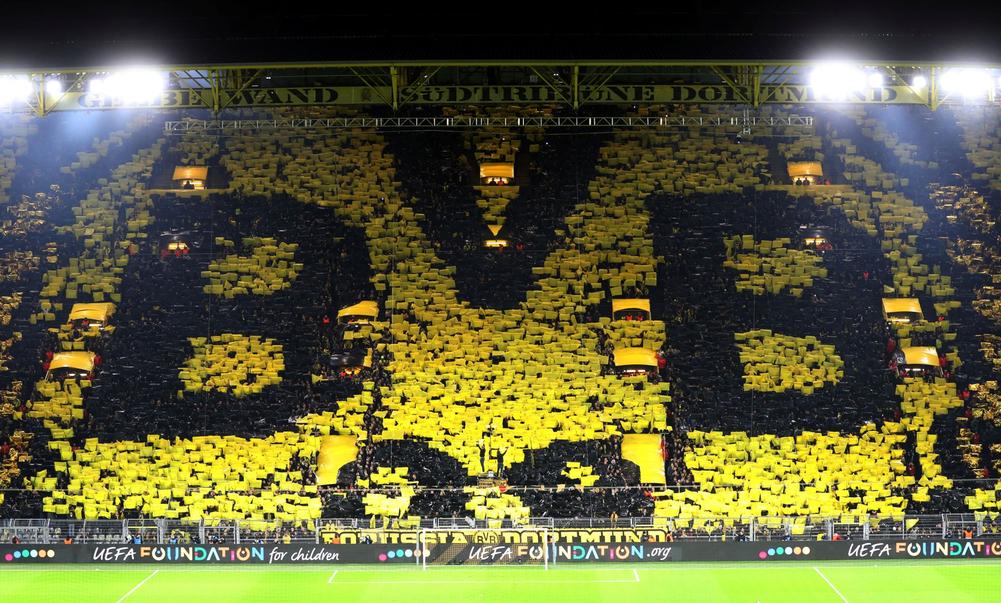
Soccer strikers play an integral part in a team's success. They not only score goals but also provide space for their teammates and draw the opposition's defenses away from their position. They should also be very fast and have good stamina. In this article, we will explore the qualities that make up a good striker for soccer.
Positional sense
Strong positional awareness is essential for a soccer striker. A soccer striker must have a good sense of positioning. Defense players will play tricks to distract the striker from moving away from his orher position. However, by developing a keen understanding of where the opponent is vulnerable, the striker can exploit this weakness.
A striker is responsible in scoring the most team goals. A striker is responsible for scoring the most goals for the team. However, it is important to note that a striker cannot score the only goal in a soccer game. The goalie may also score.
Game intelligence
This trait is critical for players in team sports like soccer. It allows a soccer player to be able read a game quickly and adapt quickly. In fact, it is thought to be the key to success in elite soccer, as physical skills and coordination have little predictive value.

You must improve your game intelligence as a soccer player by learning from other players. You can count the number of players in the penalty area and the goalkeepers. Your soccer IQ will improve by watching other soccer players, especially greats.
Goal-scoring ability
A soccer team needs a goal-scoring striker who can score goals. These players need to be quick and decisive in their decisions. These players should have great footwork and movement skills to create opportunities for teammates to score. The best strikers have high levels of confidence and are confident in their abilities.
Strikers must possess quick feet and a strong first touch. They should also possess excellent ball skills and a sharp soccer mind. They should not fall into offside traps and must always be in the right position to get the ball.
Stamina
For soccer players, it is important to have good stamina. In the last moments of games, soccer players need to be able keep their stamina. Training can help build stamina in both aerobic and anaerobic systems. High intensity interval training (HIIT) is a great way to increase stamina. HIIT is a workout that involves a short, intense activity followed by a period of rest.
Soccer players should improve their overall fitness in order to improve their stamina. A healthy diet is essential. They will be able to maintain their stamina and endurance during games by eating high-carbohydrate, low fat, and high-protein food. Avoid sugary drinks, energy drinks and processed foods. You should also drink plenty water. Dehydration affects performance and stamina.

Quick decision-making
Soccer players must have the ability to quickly respond to any situation on the pitch. You can improve this skill by repetition. The best players in a team often have the fastest speed. This skill can easily be learned by playing small-sided soccer. The ability of a player to see their surroundings is crucial. This type of player is able to anticipate situations and make better decisions.
Soccer is very fast-paced. An opponent's team is at serious disadvantage if a player takes too many decisions. A player who doesn't make a decision can easily take the ball from his or her opponent. Also, it will be difficult for the player to recover from an attack. Fast-thinking teammates increase the chances that the team will keep possession of it and score goals.
FAQ
What happens when a soccer goal is scored?
Once a goal has been scored, the opposing side gets a chance to kick a free ball. If the defending team is found guilty of a foul during play, they can take a free kick. After the free kick is taken, it may result in another goal being scored.
Where can I buy cheap soccer equipment?
Sporting goods stores can sell cheap soccer gear. Discount department stores will often have soccer balls, shinguards, jerseys and other products. Online retailers such as Amazon.com are also available.
what is a penalty kick in soccer?
Penalty kicked are when a player is found guilty of a serious or dangerous offense. A referee can award the opposing player a penalty kick when this occurs. If they are able to score the goal, this means the opposing team has a chance to score.
What is dribbling in soccer?
Dribble refers to the movement of the ball quickly from one side to another without stopping. It's used by players to move the ball quickly from one side to another and score goals.
Statistics
- Get 10% off your first purchase using code BLOG. (technefutbol.com)
- They are not just good at dribbling because they are talented alone, but because they put in 100% effort during every practice. (coachtube.com)
- From the 1850s onward, industrial workers were increasingly likely to have Saturday afternoons off work, and so many turned to the new game of football to watch or to play. (britannica.com)
- The word "soccer" is a British invention that British people stopped using only about 30 years ago, according to a new paper by University of Michigan professor Stefan Szymanski. (businessinsider.com)
- After hosting an entertaining World Cup finals in 1994, the United States possessed some 16 million football players nationwide, up to 40 percent of whom were female. (britannica.com)
External Links
How To
How to improve passing in soccer
Passing is one of the most important skills in football (soccer). It involves moving the ball around between players and maintaining possession. It is crucial to be able to quickly and accurately pass the ball.
You must be able to identify the different types of passes available and when they should occur. It is important to practice these passes until you become a pro at it. There are four main types of passes: through passes, long passes, through balls, and short passes. Short passes are typically made from close range, and they are used to move the balls forward. Long balls will be thrown to the opponents' penalty area. Through balls are thrown directly in the middle of a pitch. After that, through passes are made to another member of your team who plays the ball back towards your goalkeeper.
You should keep your pass simple and make sure you have enough space for your teammate to receive it. Your teammate may lose his balance, or even fall, if he doesn't have enough space to receive the ball. Always cover your teammates when playing defense. Your opponents will not be able to use your teammates to attack.
Another important thing to remember when playing is not to throw the ball away. Tossing the ball around makes it difficult to score. The other players could make use of your mistake. Look for opportunities and openings to score goals. Look for weaknesses in your defense and take advantage of them.
Playing better is possible by practicing daily. You can practice drills to prepare yourself for the next match. Make sure that you warm up properly before a game starts. Next, give everything you can during the game. Be calm and keep your head down. These will make you more efficient during a game.